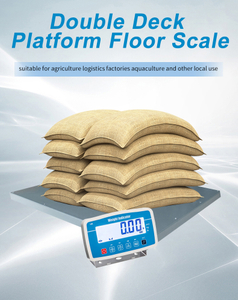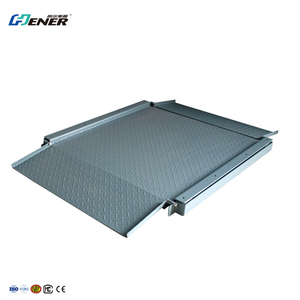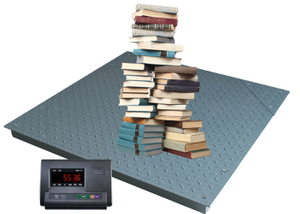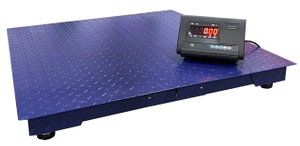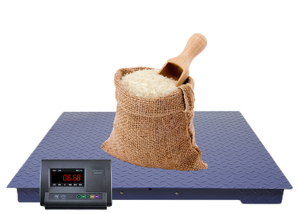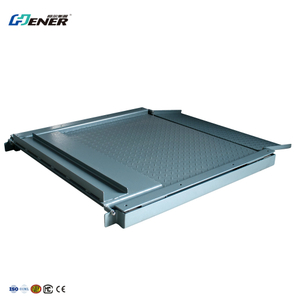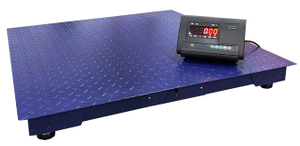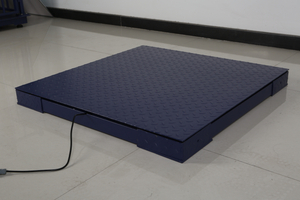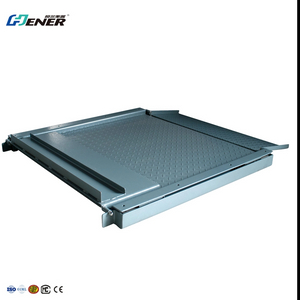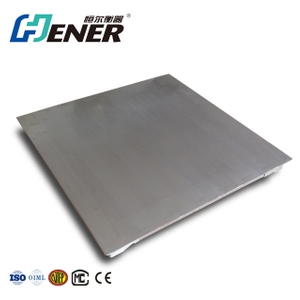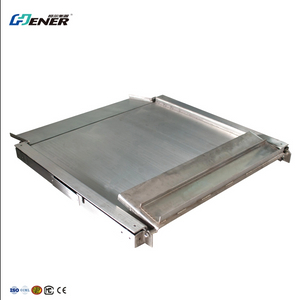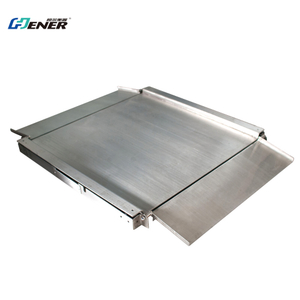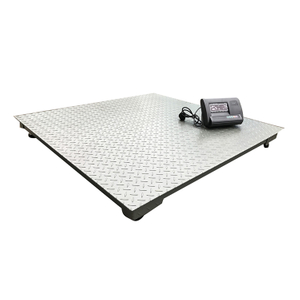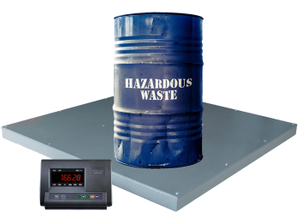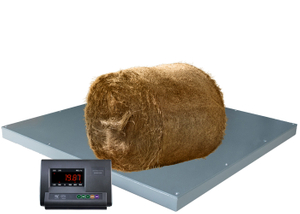Things to Consider When Purchasing a Floor Scale for Your Business
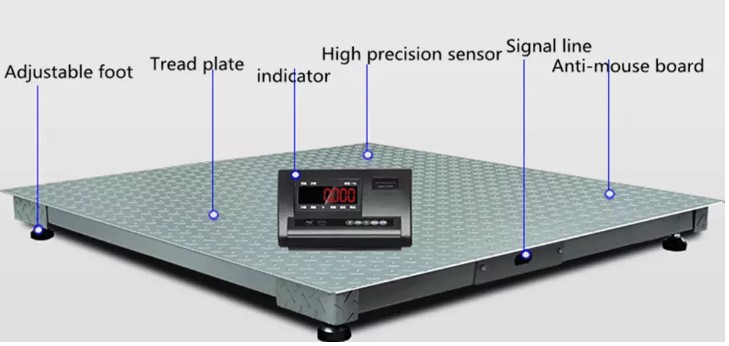 When it comes to choosing a floor scale for your business, you can’t afford to overlook key considerations. Whether you’re purchasing a scale for industrial use, logistics, or warehouse operations, getting it right can affect your bottom line. Here’s what you need to know to make an informed decision.
When it comes to choosing a floor scale for your business, you can’t afford to overlook key considerations. Whether you’re purchasing a scale for industrial use, logistics, or warehouse operations, getting it right can affect your bottom line. Here’s what you need to know to make an informed decision.
Before buying a floor scale, assess its intended location, the weight and type of items to be weighed, and the scale's size and capacity. Ensure it’s placed on a firm, level surface to ensure accuracy. Think about features like calibration options, durability, and maintenance requirements. Consulting with a qualified scale dealer ensures you select the best option for your business and operational needs, offering the support necessary for future success.
Let’s take a closer look at the essential factors to consider when purchasing a floor scale, ensuring that it meets your needs, provides accurate readings, and offers long-lasting value.
1.What Are the Primary Factors to Consider When Purchasing a Floor Scale?
When purchasing a floor scale, the weight capacity is one of the first factors to check. You need a scale that can handle the heaviest item you plan to weigh, with some additional weight tolerance for safety. Additionally, the dimensions of the scale should match your space and the items you intend to weigh. Floor scales typically come in various platform sizes and load capacities, so it’s important to choose one that fits both your workflow and the size of the items you’re weighing.
Another key factor is the material of the scale. For industrial environments, scales made from stainless steel are durable and resistant to corrosion, while mild steel may suffice for lighter, less demanding tasks. Think about the environment in which the scale will be used—whether it’s indoors, in a clean warehouse, or in a more rugged outdoor setting.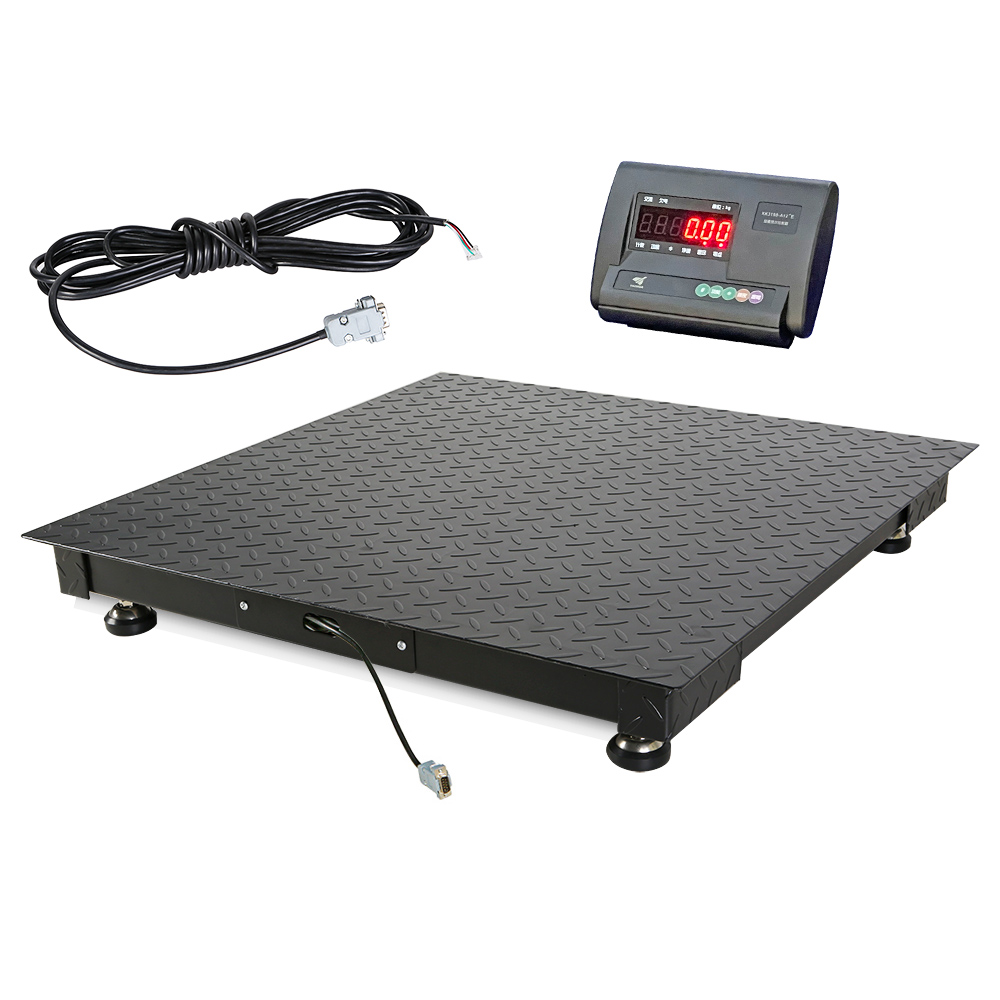
2.How Do You Determine the Right Size and Capacity for a Floor Scale?
Choosing the correct size and capacity for your floor scale is critical. If you’re weighing heavier loads, make sure the scale has a capacity that exceeds the weight of your heaviest item. It’s generally advisable to select a scale that can handle more weight than you anticipate to avoid overloading, which could damage the scale or affect its accuracy.
The platform size should also align with the types of items being weighed. If you’re working with bulky or oversized items, ensure the scale has enough space to accommodate them. Smaller platforms are ideal for smaller items, but for large crates or machinery, a wider platform will be necessary.
3.What Type of Floor Should Your Scale Be Placed On?
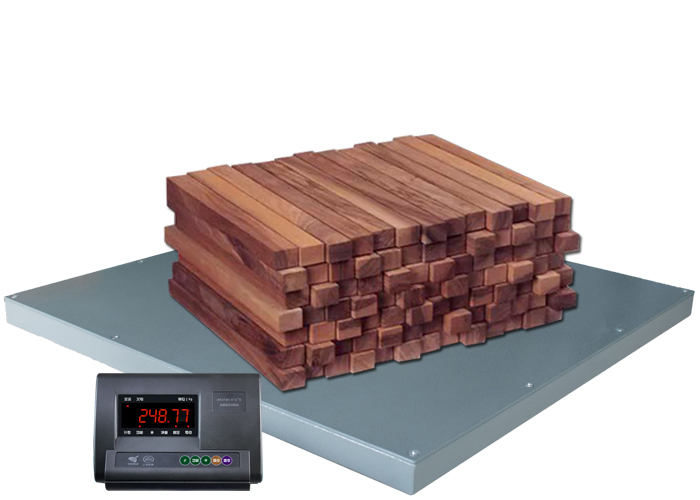 For accurate readings, floor scales must be placed on firm, level surfaces. Uneven floors, carpets, or mats can cause the scale to provide inaccurate readings. If the scale is placed on an uneven surface, even slight inclines can distort the weight measurement.
For accurate readings, floor scales must be placed on firm, level surfaces. Uneven floors, carpets, or mats can cause the scale to provide inaccurate readings. If the scale is placed on an uneven surface, even slight inclines can distort the weight measurement.
Concrete floors or hard, level surfaces like tile are best suited for floor scales. The scale will be more stable, and the weight readings will be consistent. Make sure the floor is not only level but also free from excessive vibrations, as this could also affect the scale’s accuracy.
4.How Important Is Durability and Maintenance When Choosing a Floor Scale?
Durability is an essential consideration, particularly if the scale will be used in harsh environments. Stainless steel floor scales are often preferred due to their corrosion resistance and ability to withstand physical wear and tear. If your scale will be exposed to chemicals or harsh conditions, it’s important to select a rugged model that can handle the demands of the environment.
Another consideration is the maintenance requirements. Some scales require more frequent calibration or specialized care, while others offer more user-friendly maintenance. Choose a model with clear guidelines for calibration and servicing, and make sure you understand the cost of upkeep over time. Low-maintenance scales with automatic calibration are excellent for busy environments.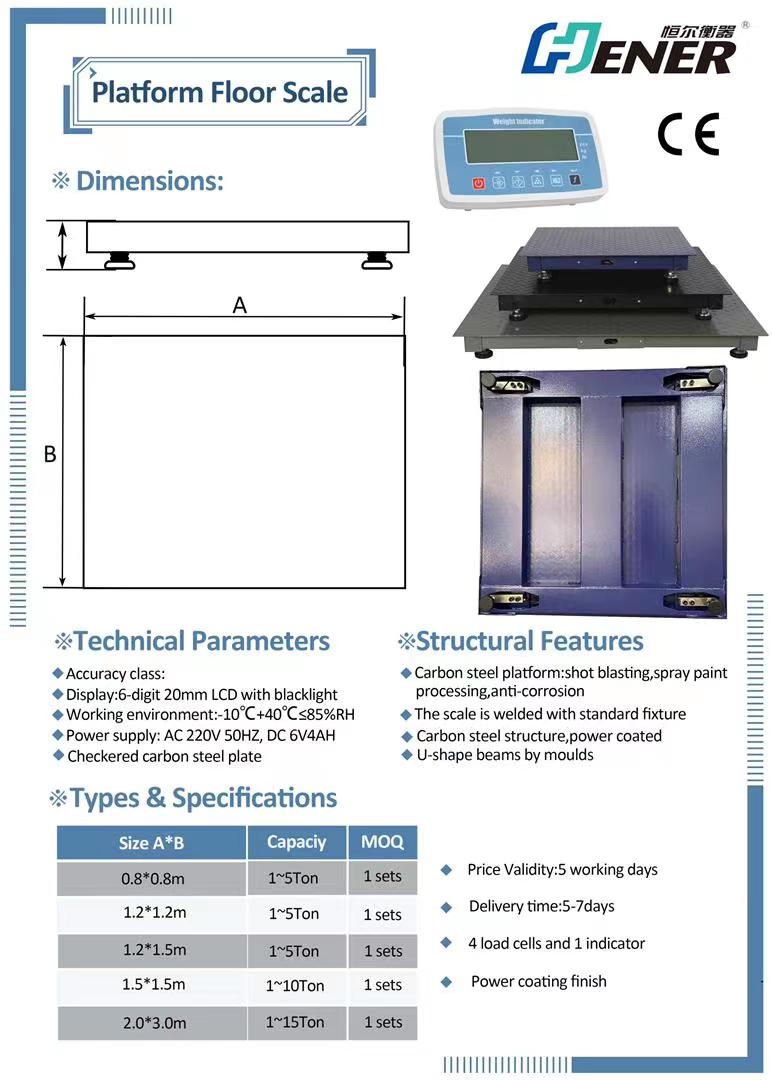
5.Should You Work with a Qualified Dealer or Manufacturer?
It’s crucial to consult with a qualified scale dealer or manufacturer when purchasing a floor scale. They can guide you in selecting the right scale for your needs, and help with installation, training, and future servicing. Working with an experienced dealer ensures that the scale will meet industry standards, be calibrated correctly, and come with appropriate warranties.
Additionally, a reliable dealer can offer post-purchase support to help with troubleshooting and maintenance, which can save time and reduce errors in your operations.
6.What Additional Features Should You Look for in a Floor Scale?
When purchasing a floor scale, consider additional features that can improve its functionality and ease of use. For example, some scales offer digital readouts with remote monitoring capabilities, allowing operators to view the weight from a distance. This is particularly useful for logistics and warehousing applications where items may be heavy and difficult to load.
Another useful feature is calibration options. Some scales come with automatic calibration, which saves time and ensures precision without manual adjustments. If you require high accuracy, look for a scale with advanced load cells that provide more precise readings.
Lastly, consider scales with non-slip surfaces. These are especially beneficial in environments where workers are constantly interacting with the scale, ensuring that both the scale and workers stay stable and secure.
7.How to Ensure Your Scale Is Calibrated for Accurate Readings?

Regular calibration is essential for maintaining the accuracy of your floor scale. Calibration involves placing known weights on the scale and adjusting it so the scale's readings match the actual weight. Most scales have a built-in calibration process, but you may need to hire a professional to perform the calibration for more complex scales.
It's important to remember that scale accuracy can degrade over time due to wear, environmental factors, or mechanical issues. Routine calibration ensures that the scale remains within the manufacturer’s specified tolerance, preventing costly measurement errors.
Conclusion
Choosing the right floor scale involves considering factors such as capacity, size, material, and placement. Whether you need a scale for weighing heavy loads in an industrial setting or for lighter commercial use, the right scale can enhance efficiency and accuracy. Don’t forget to account for durability, maintenance, and post-purchase support from a trusted dealer. By keeping these considerations in mind, you’ll ensure that your investment in a floor scale supports your business’s needs for years to come.
English
العربية
Français
Русский
Español
Português
Deutsch
italiano
Nederlands
Tiếng Việt
ไทย
Polski
Türkçe
ភាសាខ្មែរ
Bahasa Melayu
Filipino
Bahasa Indonesia
Română
Čeština
Монгол
қазақ
Српски
हिन्दी
Slovenčina
Slovenščina
Norsk
Svenska
Ελληνικά
Suomi
Հայերեն
Latine
Dansk
Shqip
Hrvatski
Afrikaans
Gaeilge
Eesti keel
Oʻzbekcha
latviešu
Azərbaycan dili
Беларуская мова
Български
ქართული
guarani
Кыргызча
Lietuvių
Македонски
Malti
Soomaali
Тоҷикӣ
Türkmençe

 When it comes to choosing a floor scale for your business, you can’t afford to overlook key considerations. Whether you’re purchasing a scale for industrial use, logistics, or warehouse operations, getting it right can affect your bottom line. Here’s what you need to know to make an informed decision.
When it comes to choosing a floor scale for your business, you can’t afford to overlook key considerations. Whether you’re purchasing a scale for industrial use, logistics, or warehouse operations, getting it right can affect your bottom line. Here’s what you need to know to make an informed decision.
 For accurate readings, floor scales must be placed on firm, level surfaces. Uneven floors, carpets, or mats can cause the scale to provide inaccurate readings. If the scale is placed on an uneven surface, even slight inclines can distort the weight measurement.
For accurate readings, floor scales must be placed on firm, level surfaces. Uneven floors, carpets, or mats can cause the scale to provide inaccurate readings. If the scale is placed on an uneven surface, even slight inclines can distort the weight measurement.

